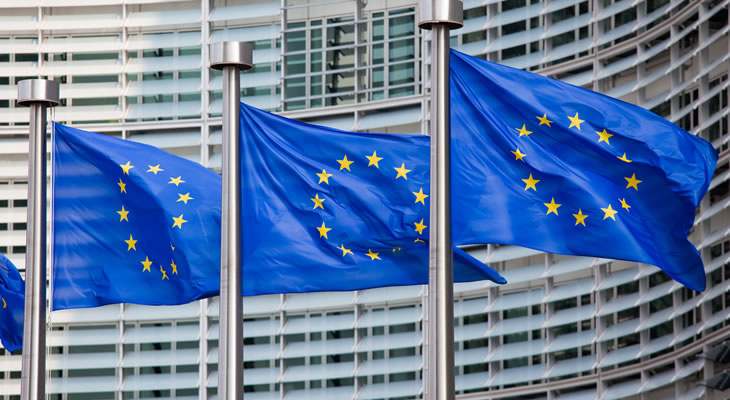The Pound Sterling to Euro (GBP/EUR) exchange rate achieved a new 7-year high on Wednesday and further gains are likely as investors continue to ditch the Euro in favour of the Pound and US Dollar (USD).
The Pound Sterling to Euro (GBP/EUR) exchange rate reached a session high of 1.4253
With the EU and Greece continuing to clash over the debt ridden nation’s much needed bailout, fears are mounting that Greece will default and exit from the Eurozone. Investors had hoped that the threat of such an occurrence had been avoided but now it is clear that neither side is willing to capitulate without a fight.
The EU is not happy with the reform proposals submitted by the Syriza led Greek government. EU officials said that the nation’s latest reform plans fall far short of what were put forward previously causing Greek ministers to retaliate by threatening to hold a referendum on the issue.
The situation in Greece is growing desperate. Ministers have been forced to tap into rescue funds as it searches for money needed to pay €1.5 billion to the International Monetary Fund (IMF). Greece is also said to be looking into tapping into the cash reserves of pension funds in order to cover part of its funding needs.
‘If it carries on like this, it’s a road to a car crash. Both sides need to stop the posturing and get a deal done as quickly as possible because otherwise you just get to a stage where accidents can happen, and accidents at this stage could be very serious,’ said a money manager at Schroder Investment Management Ltd.
USD/EUR Exchange Rate at new 12-year high
Against the US Dollar, the Euro tumbled to a 12-year low due to the large differences emerging in market interest rates between Europe and the USA. The Federal Reserve is expected to start hiking interest rates around the middle of this year and investors are focusing on next week’s Fed policy statement for further signs that a rate rise is likely.
The Pound Sterling continued to advance strongly against the Euro despite the release of softer than expected UK economic data.
According to the Office for National Statistics, manufacturing production declined by 0.5% in the first month of the year, a figure that was softer than the expected 0.2% rise and following a 0.1% gain in December. The report also showed that industrial production slipped by 0.1%, below forecasts for a figure of 0.2%.
The Euro will likely experience more volatility on Thursday due to the release of inflation and industrial production data releases.

